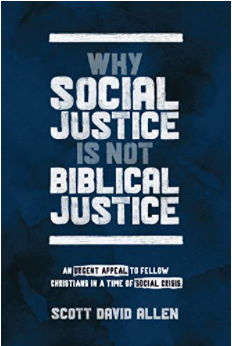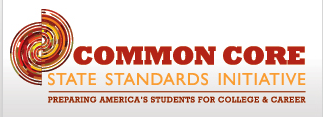Articles to challenge your thinking!
There are many explanations for the secularization of our formerly Christian countries, and Cameron Hilditch's article, "How the West lost God," provides one which is rarely considered. Reviewing recent research, he notes that, “Religion is thought to be an essentially uneducated, rural, preindustrial, precapitalist phenomenon consisting of poor, ill illiterates who lived their lives under the specter of an imminent and likely painful death.”
Who today does not believe that religious belief wanes as wealth increases, education improves, people move to the cities, and fewer children are born? However, it is a thesis unsupported by fact. Hilditch argues that statistical evidence today points to a different explanation, namely that the cause of secularization is tied closely to an increase in government control over education. In a sentence, “The content of schooling shapes religious commitments.”
“Education Matters: Why Education Needs to Be Part of Your Church’s Ministry to the Next Generation” from RenewaNation, by Dr. Josh Mulvihill
Education matters. That’s a phrase that just about every Christian agrees with. Education matters because it influences what children believe, who they become, the choices they make, the friends they choose, and it demands thirty-five hours a week of a child’s time for eight months of the year.
Yet, you wouldn’t know this at most churches. Education is overlooked and undervalued. The topic is ignored with a fervor so as not to offend parents. To speak about education is equivalent to blasphemy in many churches. An elder from a church I pastored told me, “You are not allowed to talk about education.” The common sentiment is to respect all educational choices as there is no single right decision for all parents.
By Dick Derksen, May 2021
Contemporary Christians are confused. The way of life that was their forefathers has not to their satisfaction stood the test of time. More change has occurred in society in the time since the Second World War than occurred in all the millennia before this time. The moral standards that had stood their grandparents in good stead and had determined the laws by which they lived, and the worship styles along with the musical forms they had cultivated in their lifetime, had been established within their churches and had become the accepted thing for Christians attending churches of all kinds. These forms were even well defined and acceptable to the general public, believers or not. The basic technological advances that had been achieved slowly over thousands of years have all undergone major changes in a very short time. The development of power to run everything from light bulbs to Mars rovers, and the internal combustion engine revolutionized almost every activity known to our forefathers. Everything that seemed important to the older generation seems to have been rejected by the contemporary younger generation, leaving the aged struggling with technology that is much too complicated for them, facing a societal morality that is repulsive, and a worship style that seems almost heathen to some, and incomprehensible to others. Decisions become major life crises, as they seek to wend their way through the morass of things they do not understand and do not know how to navigate.
 Submitted by Harold Klassen
Submitted by Harold Klassen
Scott Allen of Disciple Nations Alliance is the author of this book which considers the comprehensive worldview which is competing with the Biblical worldview to provide answers to all the important questions of life. The use of Biblical language by social justice advocates makes it easy to misunderstand the differences. However, the social conflicts in the USA and around the world can only be resolved if there is a clear understanding of the foundational premises and working definitions of both worldviews.
I discovered that although it is essential to know God’s word, being able to relate it to different aspects of God’s world doesn’t happen automatically. It took over 20 years in a Christian school for me to recognize two symptoms of a debilitating problem with my view of the world which undermines the role of the Bible in my teaching. I will share a simple tool that has helped me understand and communicate what God has revealed about His view of His world. It can be taught to little children and yet serve as a visual organizer for the continued exploration of Biblical integration by a mature learning community.

Which justice? There have never been stronger calls for justice than those we are hearing today. But seldom do those issuing the calls acknowledge that currently there are competing visions of justice, often at sharp variance, and that none of them have achieved anything like a cultural consensus, not even in a single country like the US. It is overconfident to assume that everyone will adopt your view of justice, rather than some other, merely because you say so.
Over the past several months I have been wrestling with how to address all of the turmoil and hate that is in the world today. I have attempted to write about this struggle on several occasions but I didn’t have peace about it. It seemed like anything that I wrote would only stir up more division and strife.
 By Dan Beerens
By Dan Beerens
Over the past three years I have frequently been asked what I think of the Common Core State Standards (CCSS) in education. I suppose it goes with the territory: as part of my professional work, I have had one-on-one conversations with over 130 Christian schools who were trying to determine whether or not to align to CCSS. The vast majority chose to align; not because of my urging, but because of the desire of these schools to continue to make helpful changes for student learning. When I agreed to write this article, I decided that what might be most helpful is to offer perspective rather than position or politics. I will offer a broader frame of reference in this article and am not going to suggest that we get tied up in knots about CCSS in Christian schools. Just so you know where I am coming from at the outset, I believe that CCSS overall are a helpful tool and a worthwhile addition to strengthen our schools. They are a piece of the puzzle, but not the ending point of our goals in Christian education.
Page 1 of 2